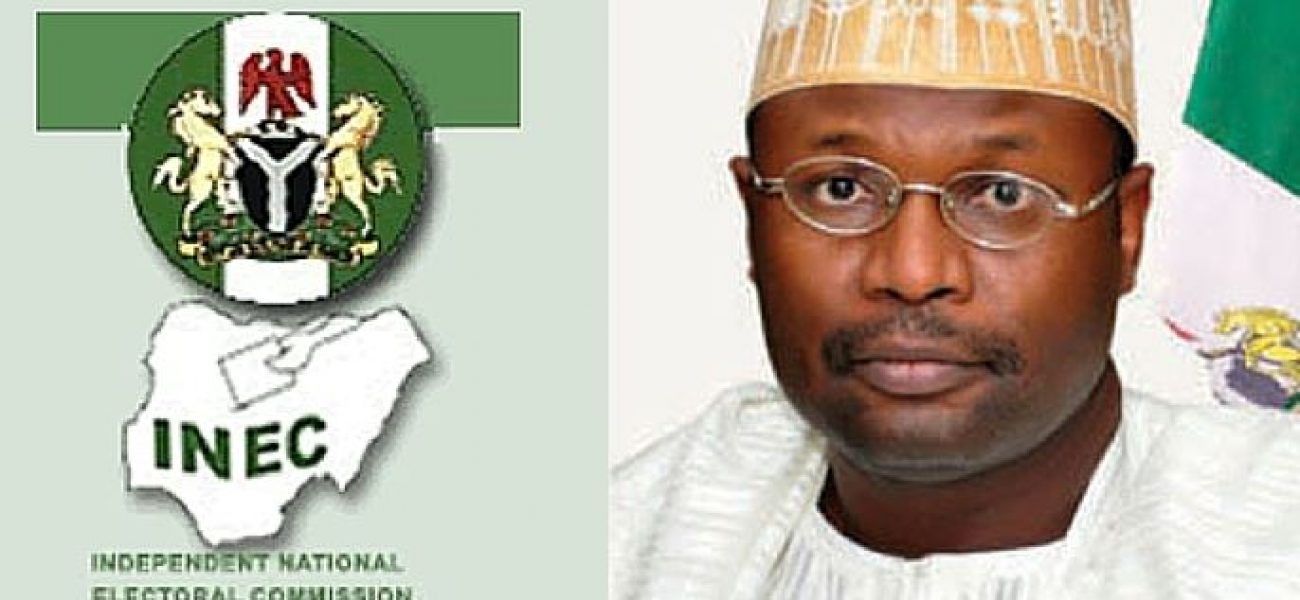A Constitution Alteration Bill before the Senate is proposing to provide for independent candidates for elective positions into all levels of government. The bill is sponsored by Senator Stella Oduah (APC, Anambra).Independent candidacy is practised in some countries, although at different levels of government. While in the United States, independent candidates have featured in presidential, gubernatorial and congress elections, in Canada, the practice seems to be more common in municipal level elections. In South Africa, the Constitutional Court ruled in June 2020, that the country’s Electoral Act was unconstitutional to the extent that it did not allow citizens to contest as independent candidates for the national and provincial legislative elections. This was described as a defining point for the country’s electoral process. The 1999 Nigerian Constitution requires that any person contesting in an election must be a member of a political party and is sponsored by that party.
There are benefits to independent candidacy, as it partly presents a solution to the challenge of marginalisation of certain groups of persons, such as women, youths and persons with disabilities in Nigerian elections. Rather than dealing with the intrigues of political party politics, a person aspiring to a political office may resort to independent candidacy as an avenue to contest for elections. It may also mean that if such a person wins an election, they are likely to serve the electorate, rather than the agenda of a political party, especially giving that Nigerian political parties are bereft of ideologies or strong principles, and seldom fulfill their manifestos.
There are also potential challenges posed by independent candidacy. This bill addresses one of such issues, which is the possibility that it will be an entry point for all and sundry to get on the ballot paper. The conditions provided in the bill set a threshold for aspirants who want to contest as independent candidates. In addition to paying fees prescribed by the Independent National Electoral Commission (INEC), candidates must garner a stipulated minimum number of signatures from registered voters within electoral constituencies, depending on the position they want to contest for. The proliferation of political parties and candidates has been a challenge for election management in Nigeria. This was brought to the fore in the 2019 general elections, where 93 parties participated, with 79 fielding candidates for the presidential elections. Long ballot papers featuring these parties and their logos constituted a problem for voters who were sometimes confused by the plethora of parties vying for a particular position, and the electoral management body whose responsibility it is to count the votes. Also, this made it difficult for voters to fold ballot papers in such a manner that their thumbprints would not get on to other parts of the ballot paper and void their votes.
Funding is a potential challenge that independent candidates may be faced with. Unlike political parties with internal funding structures, independent candidates may have to make tremendous efforts to source for campaign funds and cover other costs associated with elections. The bill proposes a 50% waiver of any administrative fees prescribed by INEC for female independent candidates.
If independent candidacy is to be implemented effectively, it is important that relevant checks are put in place by way of Constitutional provisions, the electoral law and regulations of the electoral umpire, to guide the practice.
See the bill at: https://placbillstrack.org/upload/SB335.pdf

